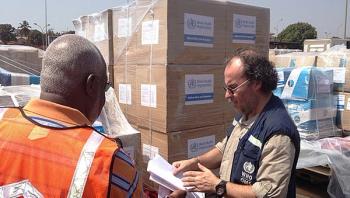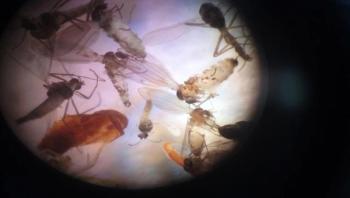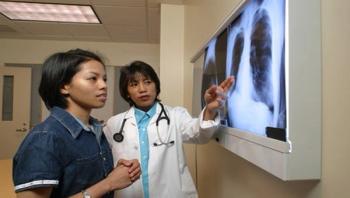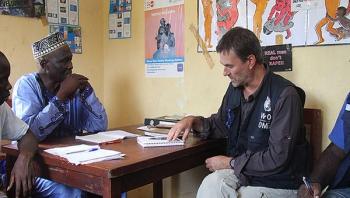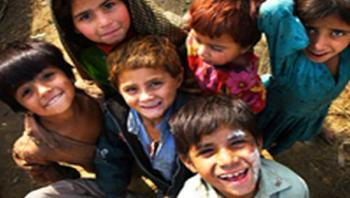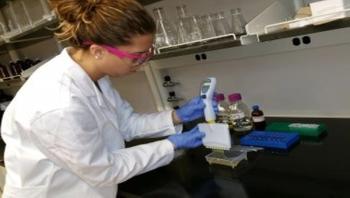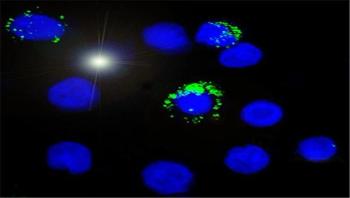
A Singapore led study has shown that hepatitis B virus (HBV) exposure increases the immune system maturation of infants, which may give a better survival advantage to counteract bacterial infection during early life. These findings radically modify the way that HBV vertical infection of neonates (mother-to-child) is portrayed, and present a paradigm shift in the approach to treatment of patients with chronic hepatitis B.

